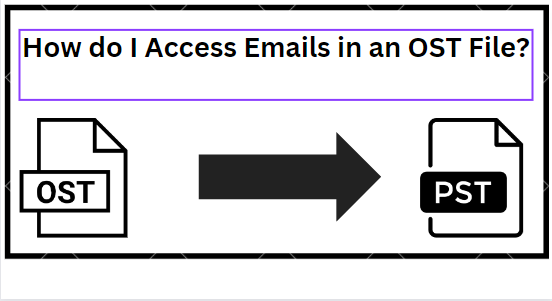Lead Management Tools: Transforming the Sales Process
What’s the ultimate goal of any sales process? No matter which business you are into, the answer remains the same: to convert leads into customers. This transformation though takes a series of steps and stages, where a prospect is...

What’s the ultimate goal of any sales process? No matter which business you are into, the answer remains the same: to convert leads into customers. This transformation though takes a series of steps and stages, where a prospect is guided right from the initial point of contact till he becomes a paying customer. This also means that your lead management process needs to be rock solid because a single loophole can become the reason for a prospect gone out of your hands. By implementing modern lead management tools you can add efficiency, organization and the effectiveness into your sales process. These tools can help you maximize the chances of lead conversion, ultimately adding growth and revenue to your business.
This blog explains the key aspects of a lead management tool that can benefit a business in their entire sales process. Let’s get started!
What are Lead Management Tools?
A lead management tool is a software application that is specifically designed to help businesses capture, organize and track potential customers. Such a tool simplifies and automates the steps in the sales pipeline i.e. from initial contact till conversion.
Often managing all the tasks involved in the sales process manually becomes overwhelming for the sales reps and managers. Manual work also leads to errors and mistakes that sometimes cost a lot to a business. Integrating lead management tools can help businesses solve all these problems. Let’s move ahead to learn some of the ways with which these tools are transforming the sales process.
How Lead Management Tools Transform Sales Process?
I) A Centralized Platform for Lead Data
The primary benefit of a lead management tool is that it centralizes all lead information in one place. This means teams can access a unified view of leads no matter their source of channel. This centralization helps sales managers and representatives ensure that no lead falls through the cracks and that all lead data is tracked and stored properly.
II) Automated Lead Scoring
We know that all leads are not equal – some have high chances of getting converted while others need more effort from the sales team to become paying customers. Lead management tools make use of sophisticated algorithms to score leads based on various parameters such as purchase history, browsing behaviour, etc. This automated scoring helps sales reps in prioritizing their efforts on leads that are more likely to convert.
III) Personalized Lead Nurturing
Lead management tools automate the task of lead nurturing through different ways including automated email campaigns, follow-up reminders, etc. These tools send targeted content to leads ensuring connectivity throughout the sales funnel, making the nurturing process much more effective.
IV) Enhanced Collaboration between Sales and Marketing
Often communication gaps between teams affect the growth of a business. Alignment between sales and marketing teams is important for any business to ensure effective lead conversion. Lead management tools help in bridging the gap between sales and marketing teams by providing access to data and information through a centralized space. This way, marketing teams are able to track the performance of their campaigns while sales team also get clear visibility into the status of the leads. This aligned approach keeps everyone on the same page, adding more value to their efforts.
V) Better Analytics and Reporting
Lead management tools come with in-built powerful reporting features that provide deep and valuable insights into the performance of your lead generation and nurturing efforts. Sales managers can make use of these reports to track key metrics like campaign effectiveness, lead conversion rates, etc. They can analyze these reports to identify bottlenecks and make informed decisions to optimize their sales strategies to achieve better results.
VI) Mobile Access for Field Teams
Many of the modern lead capture tools come with mobile-friendly versions or dedicated apps. This is quite valuable for field sales reps as they can access and manage lead related information on the go.
Choosing the Right Lead Management Tool
Selecting the right lead management tool is a crucial decision for any business. Not all tools offer the same features, so it’s essential to choose one that fits your business needs. Here are some key factors to consider:
1. Ease of Use: The tool should have a user-friendly interface that your team can easily navigate without extensive training.
2. Integration Capabilities: Ensure that the tool integrates seamlessly with your existing CRM, email marketing platforms, and other tools you use in your sales process.
3. Customization Options: Every business has unique requirements. A good lead management tool should allow customization in terms of workflow, lead categorization, and reporting.
4. Scalability: As your business grows, your lead management tool should be able to scale and handle an increasing volume of leads without compromising performance.
By evaluating these factors, you can choose a lead management tool that not only enhances your sales process but also grows with your business.
Key Takeaway!
Lead management tools are valuable assets to any business or organization that focuses on driving sales and generate more revenue. By automating various sales-related tasks, these tools helps in simplifying the entire sales process. It also helps sales teams enhance their work efficiency and save a lot of time for critical tasks.

 UsenB
UsenB 
































